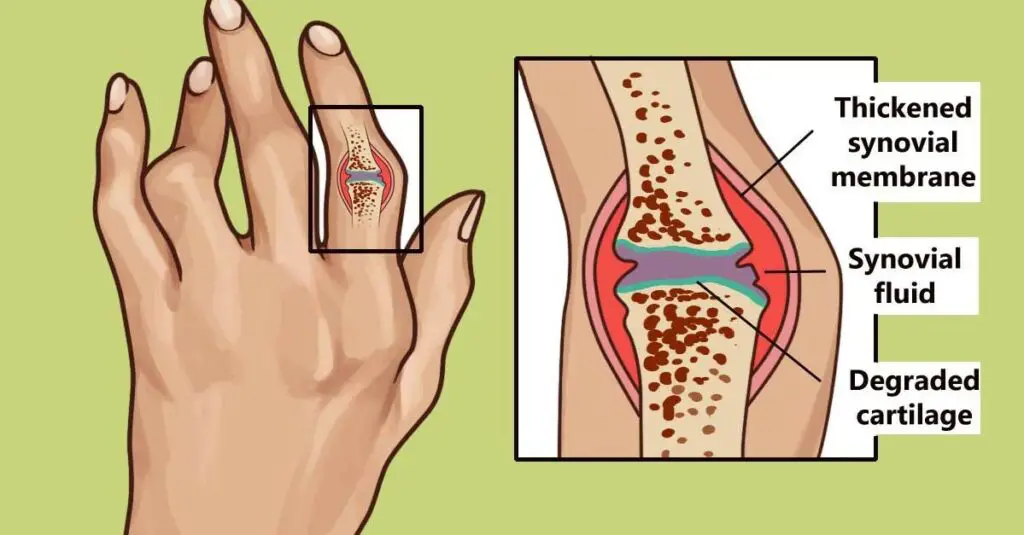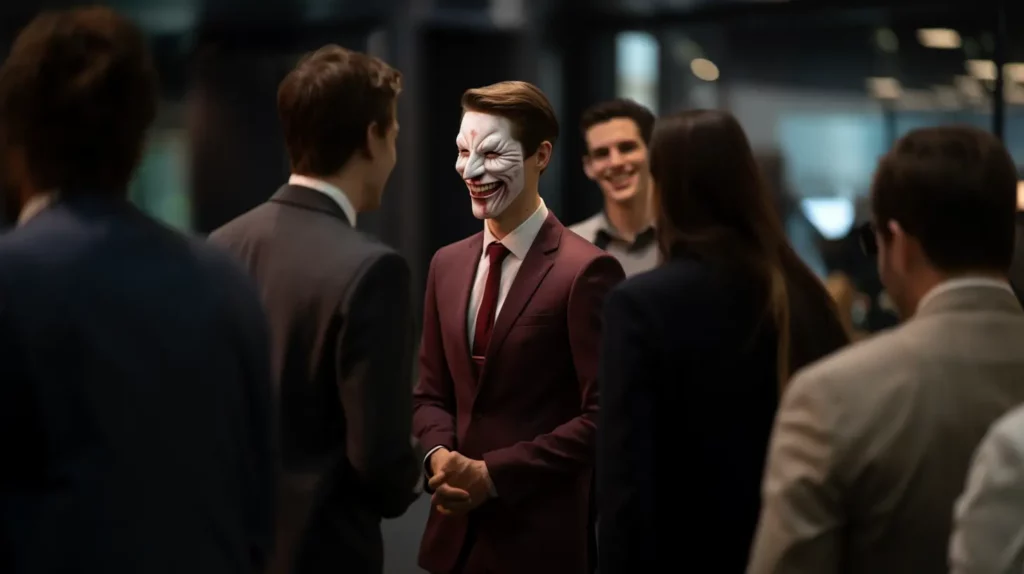Aging is a natural aspect of existence, and while we frequently consider it to be driven by uncontrollable elements such as genetics, the choices we make in our daily lives greatly influence how we age. Factors such as our sleep patterns, diet, and stress management techniques can significantly affect the pace at which we age and how well we do so. In this detailed guide, we’ll delve into eight everyday habits that may accelerate the aging process and offer strategies for mitigating their effects, potentially reversing the aging clock on our body’s inherent timeline.
Lack of Sleep
Neglecting adequate sleep disrupts your body’s essential restoration phase. This shortfall can upset the hormonal equilibrium, elevating cortisol, the stress hormone, known for degrading collagen—the vital protein responsible for maintaining the skin’s elasticity and smoothness. Over time, insufficient sleep doesn’t just compromise skin vitality, leading to premature signs of aging such as wrinkles and lackluster complexion, but it also impairs cognitive abilities and overall health. Adequate sleep is indispensable for the body’s cellular rejuvenation processes. Failing to secure 7-9 hours of restful sleep each night and maintaining a consistent sleep schedule can have noticeable impacts on your appearance and well-being.
Poor Nutrition
The phrase “you are what you eat” holds a lot of truth when it comes to aging. A diet low in essential nutrients not only saps your energy but also can lead to lackluster skin, brittle nails, and damaged hair. Your skin, body’s largest organ, is a reflection of your overall health. A balanced diet rich in vitamins, minerals, and antioxidants is essential for maintaining skin health and vitality. Fruits, vegetables, whole grains, and lean proteins provide the nutrients your body needs to stay youthful. Omega-3 fatty acids, which are found in foods like salmon and flaxseed, can help keep skin plump and hydrated.
Sedentary Lifestyle
Regular physical activity is a natural anti-aging strategy. Exercise helps maintain muscle tone, keeps your metabolism running efficiently, and has even been shown to lengthen telomeres – the caps on the ends of our chromosomes that shorten with age. Telomeres protect your DNA and help determine how quickly cells age and die. Incorporating moderate exercise into your daily routine such as a brisk walk or a yoga session can make a noticeable difference in how gracefully you age.
Excessive Sun Exposure
Excessive sun exposure plays a crucial role in the early onset of aging. The ultraviolet (UV) radiation from the sun deteriorates the skin’s structural components, specifically collagen and elastin fibers, resulting in loose skin and the formation of lines. To guard against this, it’s essential to use a sunscreen with a minimum SPF of 30 daily, find shade during the sun’s most intense hours, and dress in sun-protective clothing. It’s important to note that damage from the sun accumulates over time; even brief periods of exposure can contribute to the noticeable effects of aging.
Stress
Stress is a double-edged sword when it comes to aging. It can trigger various skin conditions like acne and eczema, and it can also affect how quickly your body repairs and regenerates cells. Chronic stress can lead to premature aging through the shortening of telomeres, just like with sun exposure. Finding healthy ways to manage stress, whether it’s through meditation, exercise, or hobbies, is crucial for preventing premature aging and maintaining overall health.
Smoking
It’s no secret that smoking is bad for your health, but it’s also one of the most significant accelerators of the aging process. Tobacco smoke contains over 7,000 chemicals, many of which can lead to the breakdown of collagen and elastin in the skin. Smoking also constricts blood vessels, reducing the skin’s oxygen supply and leading to a dull, uneven complexion. If you’re a smoker looking to kick the habit, your skin will be one of the first places you notice a positive change.
Alcohol Consumption
While the occasional glass of red wine is considered heart-healthy, excessive alcohol consumption can have serious implications for your appearance and overall health. Alcohol is a diuretic, which means it dehydrates you, leaving your skin dry and more prone to wrinkling. The liver also prioritizes processing alcohol over nutrients that help your skin and body repair. To protect your skin and slow down the aging process, it’s important to drink alcohol in moderation and stay well-hydrated with plenty of water.
Lack of Skincare Routine
A proper skincare routine is more than just a refreshing daily habit – it’s a crucial component of maintaining youthful skin. Cleansing, moisturizing, and using sunscreen are the basic steps to preventing early signs of aging. Cleansing removes dirt and oil that can clog your pores and prevent serums and moisturizers from penetrating your skin. Moisturizing keeps your skin hydrated and plump, and sunscreen is your first line of defense against the aging effects of the sun. Don’t underestimate the power of a proper skincare routine in preserving your skin’s beauty over the years.
Conclusion
Aging is an unavoidable journey, yet certain habits can hasten its pace. Paying attention to how you live and making conscious decisions to enhance your health and wellness can significantly influence your aging trajectory. Embracing adequate sleep, nourishing your body with balanced meals, maintaining physical activity, safeguarding your skin against sun damage, effectively managing stress, steering clear of smoking and limiting alcohol intake, along with diligent skincare, are key steps to decelerate the aging process. This approach not only helps in preserving a youthful appearance but also ensures a healthier, more vibrant life in the long run. Remember, it’s always possible to start incorporating these beneficial practices at any stage in life, contributing positively to your aging experience.








